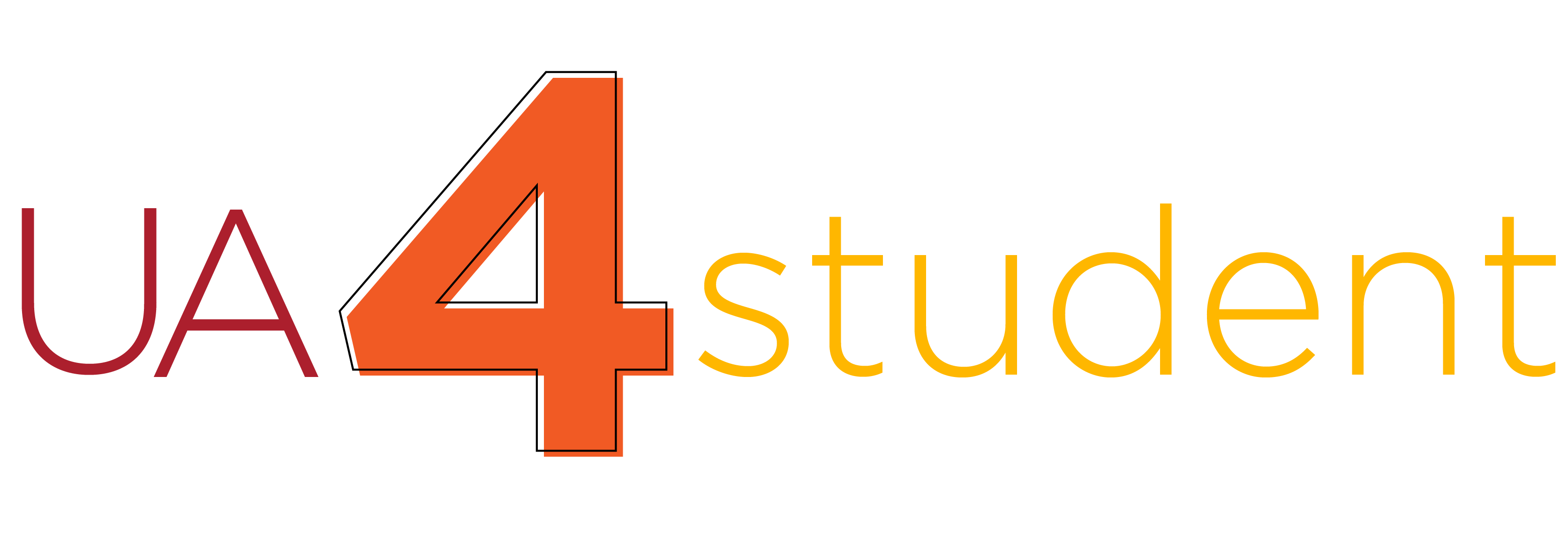
Director: Jennifer Michaud
Associate Directors: Connie Steele and Elaine Belcher
Number of staff members: We currently have 10 full-time staff members (with 12 total Full-Time positions)
 Do you have student staff? We have 2 graduate assistants who serve as Access Counselors and assist full-time staff members with facilitating accommodations for students. We also have 4 student workers in our conversions lab who convert textbooks and course materials into accessible digital formats for many of our students.
Do you have student staff? We have 2 graduate assistants who serve as Access Counselors and assist full-time staff members with facilitating accommodations for students. We also have 4 student workers in our conversions lab who convert textbooks and course materials into accessible digital formats for many of our students.
Where will we find you on campus? We are located on the second floor of the Arkansas Union (ARKU 209) next door to Union Hair Care.
Purpose of the department, what does your department do?
The mission of the Center for Educational Access is to lead University efforts in facilitating an inclusive and accessible environment for students with disabilities through innovative practice, informed educational discourse, exceptional accommodation provision, and collaborative programming.
Tell us about your programs and/or a signature event:
Our office facilitates campus access for students with disabilities which may impact their ability to successfully engage in academics, housing, and in other aspects of campus life. We provide direct support to students while also offering education and training to the broader campus community. We work closely with students to understand their unique needs, then communicate those needs to various departments, including faculty, housing and dining, Student Success, athletics, advising, and parking/transit. Common academic accommodations include extended time on exams, advanced registration, and permission to audio-record lectures. In housing, common accommodations include single rooms and semi-private or non-communal restrooms.
October is National Disability Awareness Month. Each year we collaborate with the OEOC office (Equal Opportunity, Compliance & Title IX) and SOURCES for Community Independent Living to promote and/or host various events happening both on campus and in our local community throughout the month. In previous years these have included events such as wheelchair basketball and informative in-person and virtual seminars, which all usually culminate with a Disability Resource Fair in the Union and a University of Arkansas Disability Awareness Awards ceremony held towards the end of the month. A full list of this year’s events will be posted on the OEOC website.


What is one way you are contributing to the Advancing Student Affairs Strategic Plan?
The CEA’s priorities have always focused on student access, well-being and belonging and we are fully committed to ensuring that students feel seen, heard, and recognized as the reason we are all here. Three of our unit tactics are focused on this commitment. Many of our staff are also currently serving as subcommittee members on various Division-wide tactics.
Is there a myth about your work/department you want to bust?
Many students initially believe that accommodations are only for those with visible physical or learning disabilities. In reality, a significant number of our students have invisible disabilities, and nearly 50% have multiple disabilities. We support individuals with chronic health conditions, ADHD, learning disabilities, psychiatric diagnoses, and temporary conditions like concussions or injuries affecting their dominant hand or their legs/ankles.
While our primary focus is to ensure an accessible learning and living environment for students, we are also dedicated to supporting our exceptional faculty and staff. Our goal is to enhance efforts in recruiting and retaining UA students by informing and empowering campus members to create an equitable and accessible environment for everyone.
What do you want to brag about?
Our staff is deeply committed to ensuring that students with disabilities have equitable opportunities to pursue and achieve their educational goals. While we are passionate about our work, it’s not always easy. Our students face societal and educational barriers, as well as discrimination and ableist microaggressions. Our team consistently demonstrates empathy and understanding, striving to help every student feel seen, heard, and valued. Although we don’t always hear about individual successes, witnessing the rise in retention and graduation rates for students with disabilities is incredibly rewarding.
